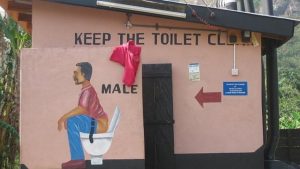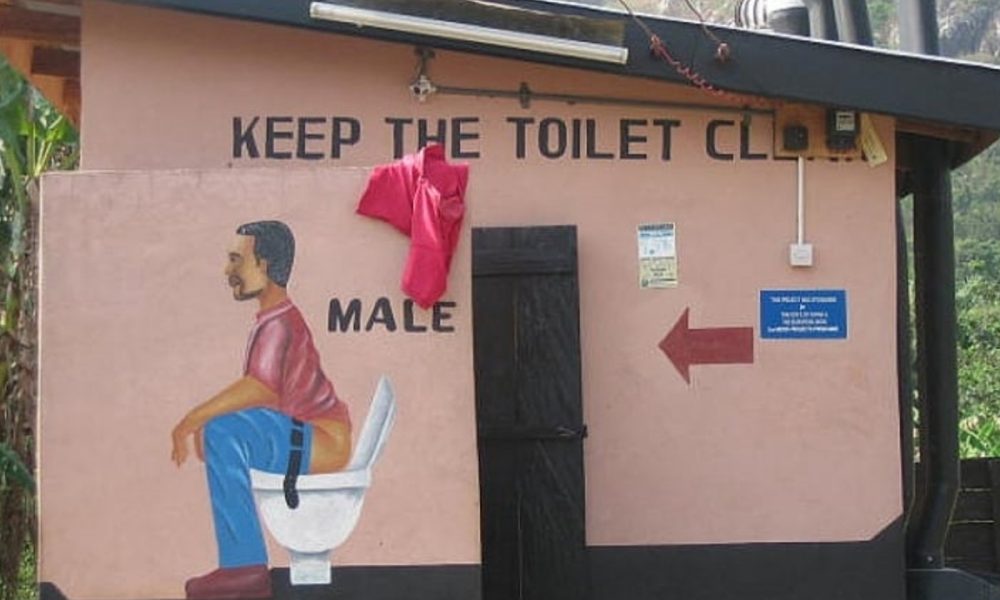Fees for pissing and bowel emptying at the Gambian capital’s main car park has risen from D2 to D5 as The Gambia battles inflationary pressures and fast-eroding local currency value.
Since 2019, commodity prices and government service fees in the impoverished West African nation have been spiraling out of the purchasing power of many citizens and non-Gambians, residing in the country.
This year, the country had witnessed a steep rise in some service fees and essential commodity prices.
In 2025, the fees for the Gambian passport nearly doubled, transport fares continued to be increased, bread and sugar prices were upped while the price of a bag of cement ballooned.
The toilet attendants at the Banjul car park could not explain to JollofNews the reason for the decision to increase the fees for answering the call of nature, but some economic analysts have blamed the current Gambian economic situation on government’s economic and monetary policies.

President Adama Barrow’s administration is seen by some as “fixated” with physical infrastructure development rather than creating wealth for the Gambia’s economic prosperity.





